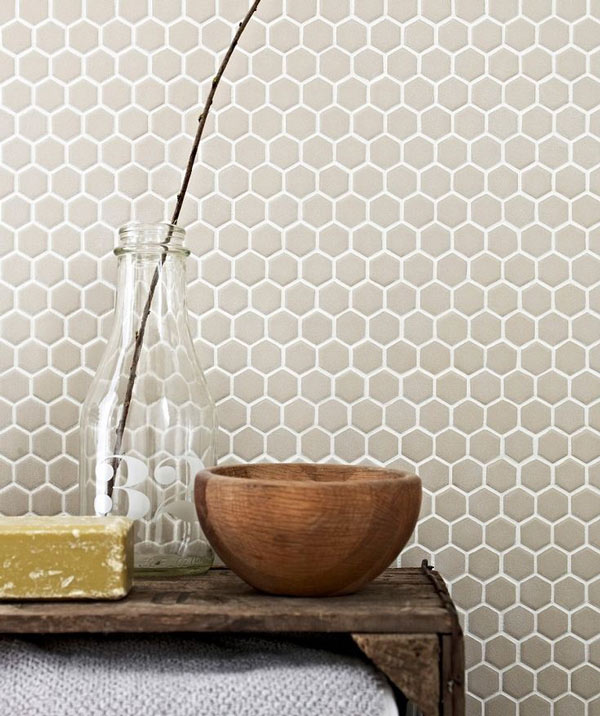 Unglazed or matte porcelain tiles are usually heated up to a maximum of 2,600 degrees Fahrenheit and their strength is generally enhanced because they are usually a lot thicker. The substance that they are made out of is usually the same as any other porcelain tile as it’s a generic type of ceramic.
Unglazed or matte porcelain tiles are usually heated up to a maximum of 2,600 degrees Fahrenheit and their strength is generally enhanced because they are usually a lot thicker. The substance that they are made out of is usually the same as any other porcelain tile as it’s a generic type of ceramic.
General Information
The first thing that you need to know is that unglazed porcelain tiles could also mean that they are polished, which would provide you with pretty much the same visual effects. With this in mind, we are going to focus on the unglazed and unpolished porcelain tiles and talk about their specifics.
As you may already guess, they are a lot rougher than their glazed and polished counterparts. This is why the majority of people would prefer to implement them as an outdoor solution or as indoor decorative implementation. Furthermore, it’s also worth nothing that unglazed solutions are a lot thicker and firmer as well as denser than their glazed opposites and that’s why they are also appropriate for walkways with heavy foot traffic.
They are also known for their natural beauty and their scratch-resistant surface. Once again, this is also why they are usually used outside. However, you should also be aware of the fact that because of their firmer and rougher surface they are also rather harder to maintain. You wouldn’t be able to clean them up as easily as glazed tiles and that’s a bit disappointing. It’s also worth noting that they can come in different shapes and forms – whole tiles and mosaic renditions.
Maintenance
We highly recommend the usage of grout release prior to actually grouting the products in order to ensure the efficacy of the removal of different types of spots.
Mosaic
General cleaning
Mosaic tile should be properly maintained in order to make sure that there is no buildup of soap detergents, dirt, grease and more. However, they require minimal maintenance and you can rinse the dirt with clear water and dry it up immediately afterwards.
Pre-Grout Sealing
It’s highly recommended to go for a non-sanded grout when it comes to Natural Stone installations because narrow grout joints are generally overly preferred.

